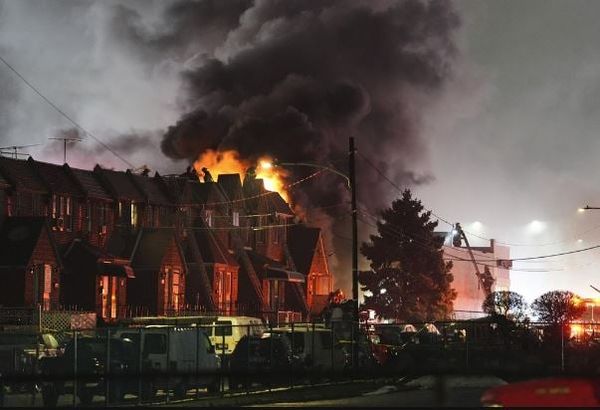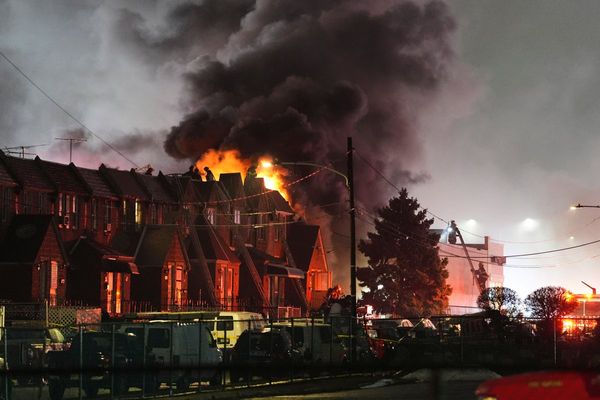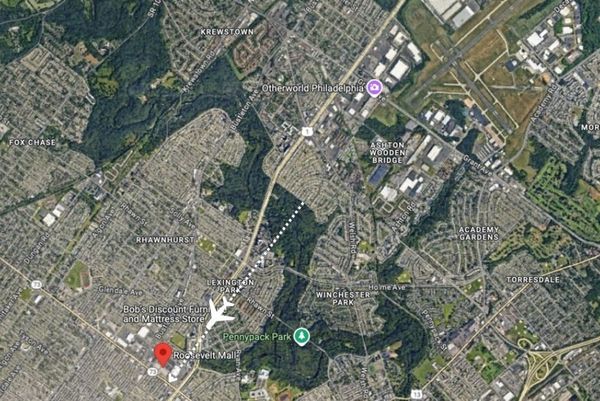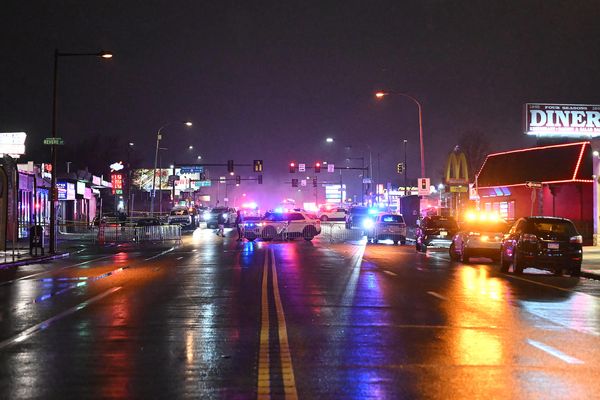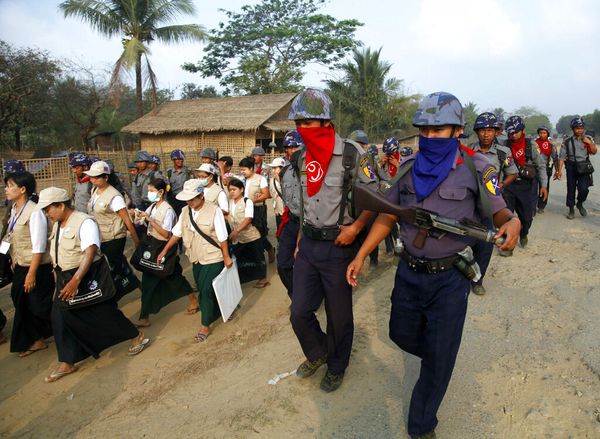
The secretary general of Ramsar Convention on Wetlands has highlighted East Kolkata Wetland, along with Uganda’s Nakivubo swamp, as a desired model of using wetlands for sewage treatment for optimum reuse of water in order to fight global water crisis.
In a statement issued on March 22, World Water Day, Ramsar secretary general Martha Rojas-Urrego said, “The Nakivubo Swamp in Kampala, Uganda for example filters all the sewage and industrial waste for free. A treatment plant to do the same it was found would cost over $2 million per year. The East Kolkata Wetlands, a Ramsar Site in India, also treats waste from the city and has saved on the cost of building and maintaining a conventional treatment plant.”
Headquartered in Geneva, Ramsar Convention is an international body for the conservation and sustainable use of wetlands. India has 26 Ramsar Sites or ‘wetlands of international importance’, including East Kolkata Wetlands. Other sites include Chilika Lake, Dal Lake and Bhitarkanina Mangroves.

“Increasingly waste water is recognized as a growing global concern that is threatening access to safe drinking water for about 1.8 billion people,” the statement said, adding, “finding sustainable solutions for improved management and re-use of waste-water are urgent because of the existing threat to global water security.”
It is in this context that the statement highlighted the case of East Kolkata Wetlands.
Sprawling across 125 sq km on the eastern outskirts of the city, East Kolkata Wetlands receive about 1,000 million litres of sewage every day. The organic water treatment by algae-bacteria symbiosis happens simultaneous to pisiculture in the shallow fish ponds.
In the recent times, however, environmentalists in Kolkata have been ringing alarm bells over the threat the wetlands are facing from urban encroachments.
Earlier this month, senior Ramsar advisor Lew Young visited Kolkata and submitted a report, in which he has suggested a thorough review of the map, the ecosystem, livelihood of the fishermen and farmers, increase of population and loss of area due to encroachment and clear demarcations of its boundaries.
